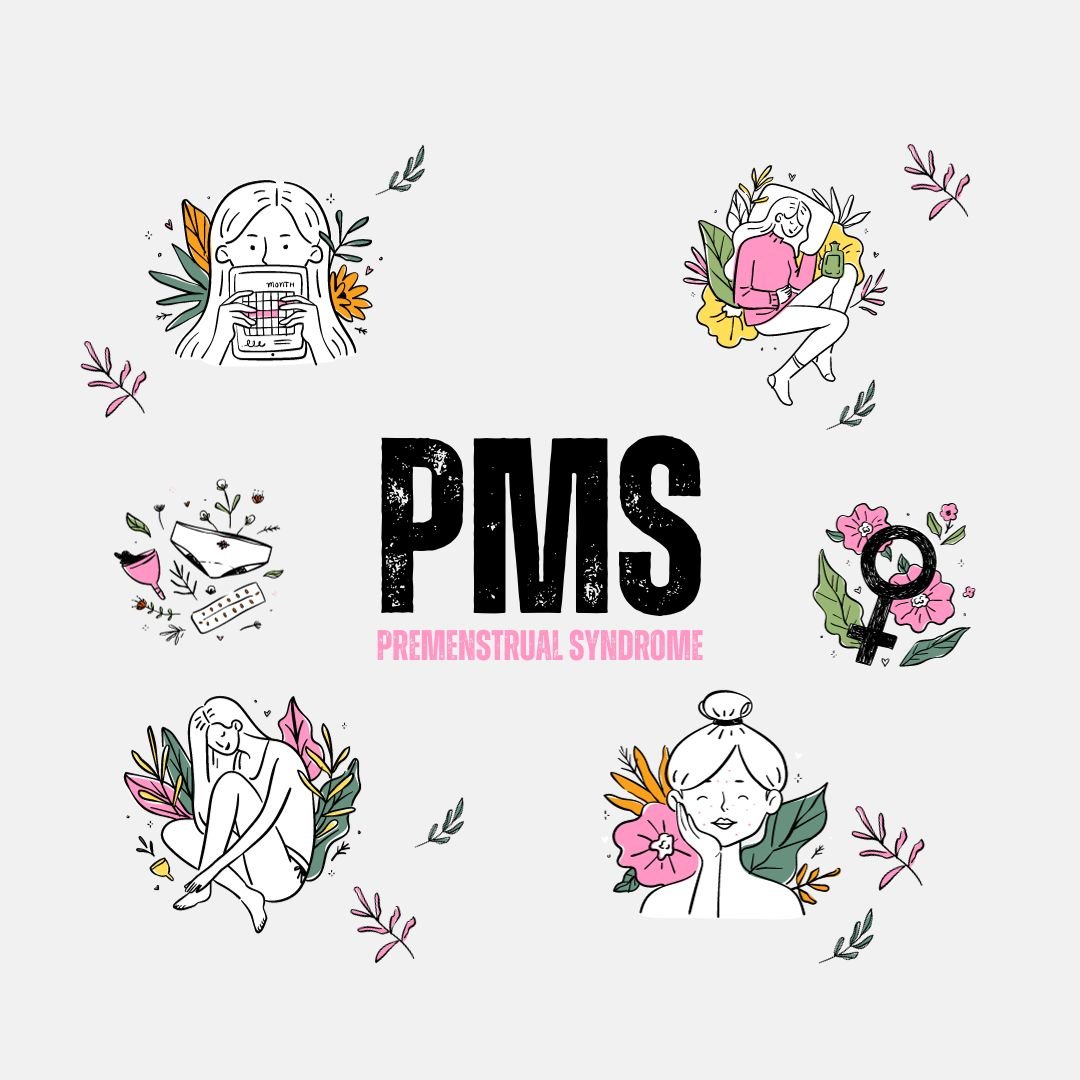Understanding PMT and PMDD: The Social and Biological Perspectives on Premenstrual Tension
Premenstrual Tension (PMT), also referred to as Premenstrual Syndrome (PMS), has long been a subject of debate among medical researchers, psychologists, and women themselves. Despite extensive research into PMT and PMDD (Premenstrual Dysphoric Disorder), there is still confusion about their true causes. While some experts argue that they are hormone-related conditions, others suggest that PMT and PMDD are strongly influenced by social and cultural pressures.
PMT and PMDD: Biological vs. Social Explanations
Professor Jane Ussher from the University of Western Sydney challenges the traditional view of PMT and PMDD as purely biological disorders. In her book, Managing the Monstrous Feminine, she argues that women’s emotional experiences—such as anger, stress, and depression—are often responses to societal expectations rather than hormonal dysfunction. This perspective highlights the need to reconsider whether labeling PMT and PMDD as medical disorders is truly accurate.
The Hormonal Explanation of PMT and PMDD
Traditionally, PMT has been described as a condition linked to hormonal changes before menstruation. The DSM-IV officially recognizes PMDD as a psychiatric disorder characterized by mood swings, irritability, and concentration problems. However, critics suggest that this classification medicalizes women’s natural cycles and reinforces the idea that female biology is flawed, without addressing the broader emotional and social contexts.
PMDD in the DSM-IV: A Controversial Diagnosis
The inclusion of PMDD in the DSM-IV has been met with resistance. Notably, journalist Susan Faludi reported the frustration of female members of the American Medical Association, who argued that the decision reflected societal pressures rather than strong scientific evidence. This debate illustrates the uncertainty and controversy surrounding the diagnosis of PMT and PMDD.
Common Symptoms of PMT and PMDD
- Mood swings and irritability
- Feelings of depression or anxiety
- Difficulty concentrating
- Sleep disturbances
- Physical symptoms such as bloating, headaches, and fatigue
While these symptoms are real and distressing, the root causes—whether biological, psychological, or social—remain debated.
The Sociocultural Perspective on PMT and PMDD
From a sociocultural standpoint, PMT and PMDD can be seen as emotional responses to the pressure of balancing multiple roles. Ussher emphasizes that terms such as PMS, post-natal depression, and menopause have often been used to pathologize women’s emotions rather than recognize them as natural reactions to societal demands. For example, women’s anger may be mislabeled as a symptom of PMT when it could actually be frustration with unrealistic expectations.
Pharmaceutical Interventions for PMT and PMDD
One of the most common treatments for PMDD is the prescription of SSRIs (selective serotonin reuptake inhibitors). However, critics argue that medication often treats the symptoms rather than the underlying causes. Over-diagnosis of PMDD may also lead to unnecessary medication, further medicalizing women’s emotional health without addressing societal factors.
Rethinking Women’s Emotional Health
Rather than viewing PMT and PMDD as evidence of biological dysfunction, experts like Ussher propose that these conditions should be understood in the context of women’s social realities. By shifting the focus away from medicalization and toward empowerment, women can begin to take control of their emotional well-being, recognizing that their distress may be a normal response to external pressures.
Conclusion: Empowering Women Beyond PMT and PMDD
Understanding the complexity of PMT and PMDD requires acknowledging both biological and social influences. Instead of solely relying on pharmaceutical solutions, society should empower women to address the root causes of emotional distress. By reframing the conversation around PMT and PMDD, women can prioritize self-care, challenge societal expectations, and embrace a healthier perspective on emotional health.

